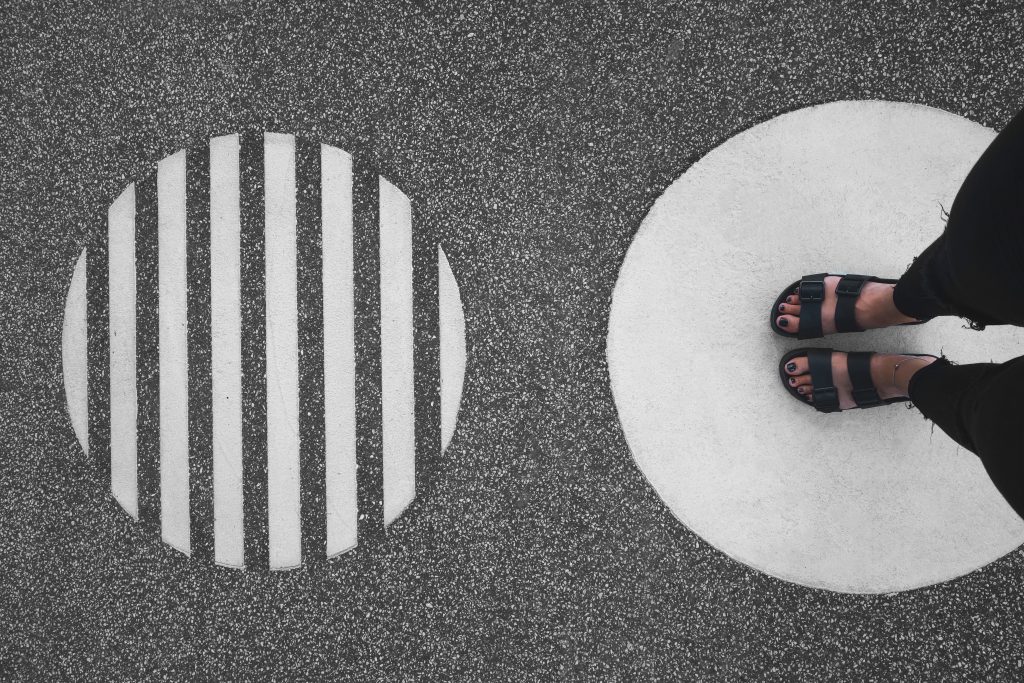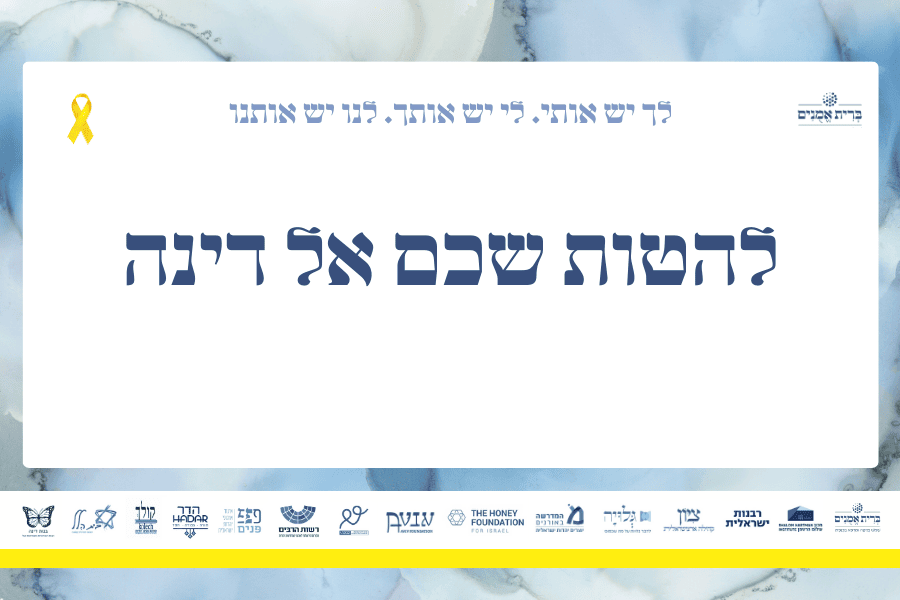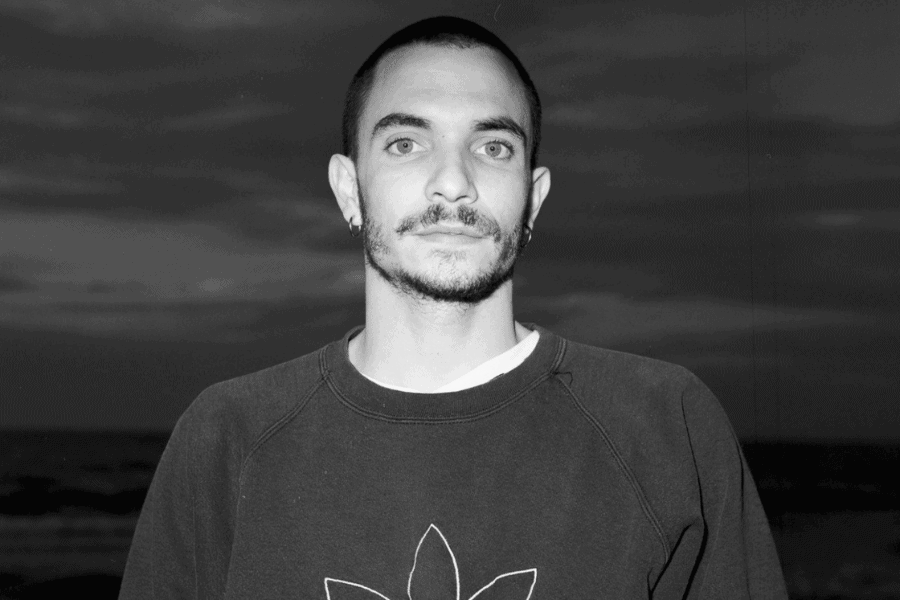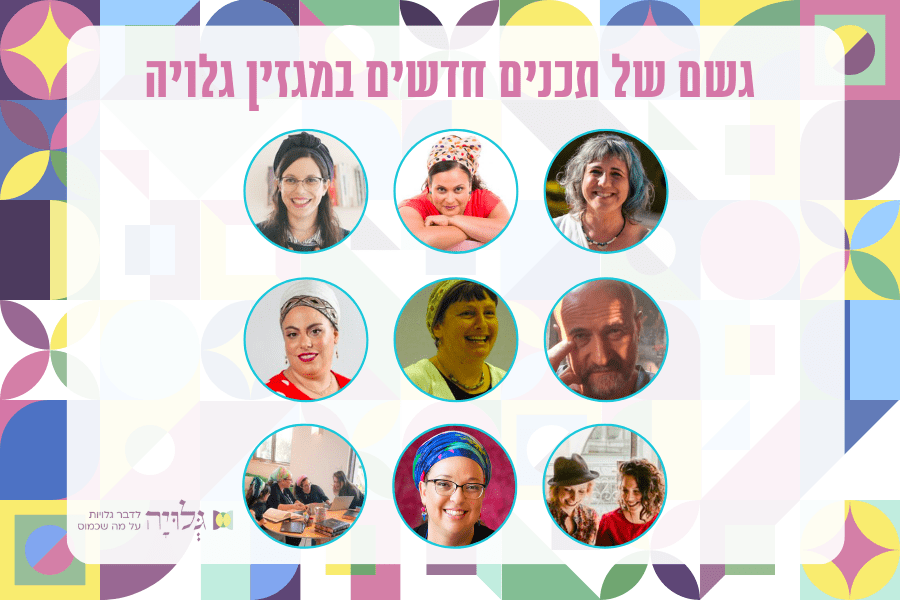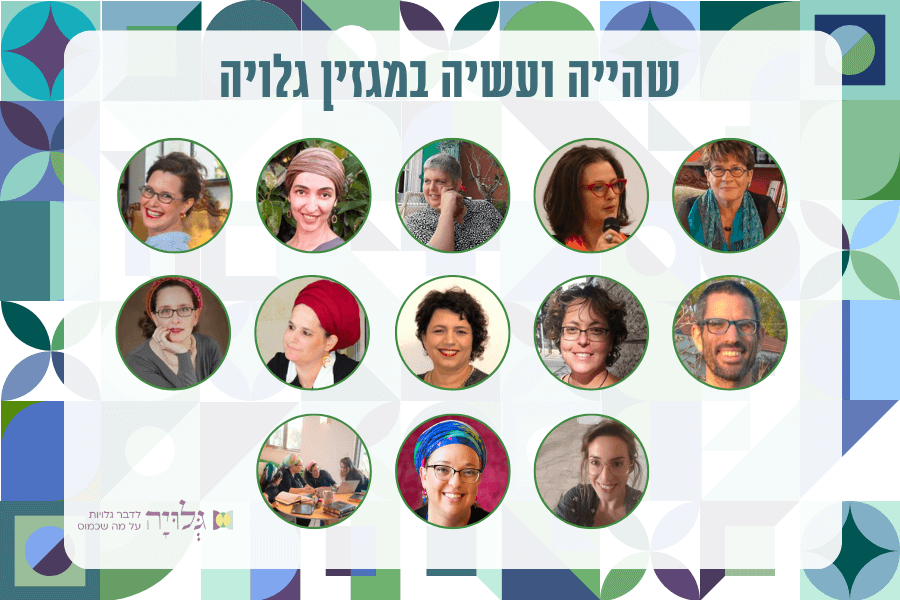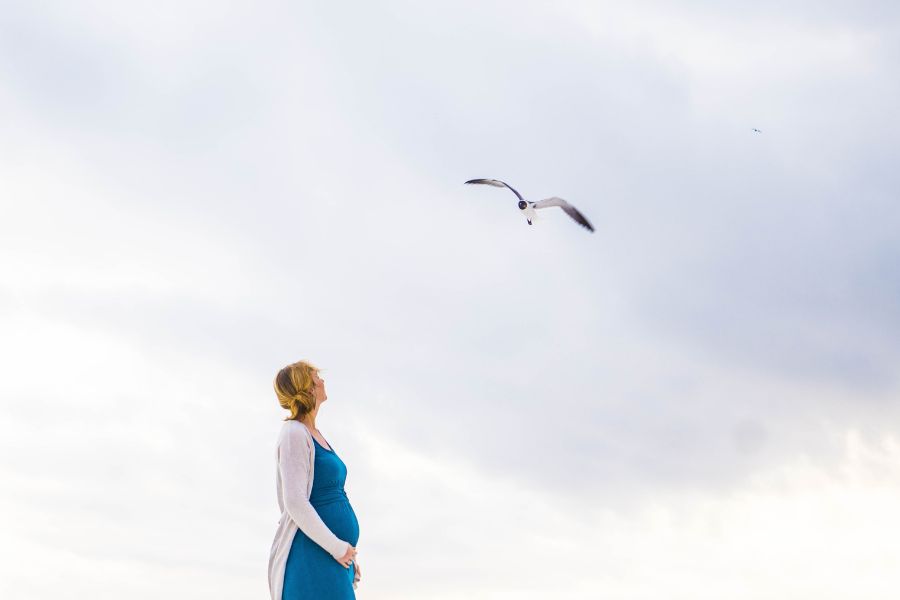מרכז גלויה ומרכז עדן: המקווה מפגיש נשים רבות עם צדדים מורכבים של היחס לגופן ולמיניותן. קל וחומר כאשר הדבר נוגע לנשים בעלות עבר של פגיעה מינית. קריאה לפתיחת העיניים והלב ובחינת האפשרות לטבילה מכבדת ונעימה יותר.
מאמרה של רחל שי, המפגש של נשים נפגעות מינית עם הטבילה במקווה, פורסם לראשונה במגזין 'גלויה'. אנו שמחות לשתף פעולה עם מרכז עדן אשר פרסמו גרסה בשפה האנגלית למאמר מתוך הכרה בחשיבות הנושא ובצורך לחשוף ולהנגיש את הכתוב לקהל רחב וגדול ככל הניתן. הנה מספר ציטוטים מתוך המאמר באנגלית והזמנה לקריאת התכנים במלואם.
ציטוטים מתוך המאמר שהופיע בגלויה ותורגם לאנגלית במרכז עדן:
"For a woman who has experienced sexual assault, any word, any look—even an innocent one, free of judgment—can be a trigger for overwhelming trauma. She can find herself flooded with unbearable images, memories, experiences. In the encounter, when she is naked and exposed in front of the mikveh attendant—an authority, who tells her in businesslike fashion what to do, who looks at her body with a piercing look, and at times offers her a gesture of closeness or embrace—all acts can be interpreted and experienced as a taboo or aggressive intrusion into her personal space.
And it is not only the woman’s external appearance that is threatening. The encounter with the self can be unbearable. Self-judgment, self-esteem, and inner turmoil make every “simple” word from the halakhic field—like kshera (kosher) or tehora (pure)—scratch the living flesh, make it bleed. These words can sometimes function as triggers, arousing foul feelings and experiences. Am I kshera? Am I tehora? Am I whole? In her inner experience, her physical and mental wholeness has been stolen from her."
"Attendants should be attuned to situations of domestic violence, even if they are not legally bound to report any suspicion of violence or injury. But insight is essential for identifying whether a woman’s sensitivity attests to a suspected vulnerability in the present or stems from such injury in the past—a woman who carries pain can presently live in a healthy and aware relationship. The mikveh attendant should not jump to conclusions or rush to contact social services. It is preferable that the attendant gently and carefully embark on a discussion to clarify the state of things and the needs of the woman in order to understand the situation correctly, and potentially refer her for help.
My great hope is that these words bolster awareness and alleviate—even a little—the baggage and difficulties that survivors carry with them when they come to the mikveh. May God grant each one healing in the right time and place. Would that the mikveh could serve as a place of healing—or, at the very least, not become a place the reopens wounds."
<<לקריאת המאמר המלא במרכז עדן – לחצו כאן>>
<<לקריאת המאמר המלא במגזין גלויה, היכנסו לקישור הבא>>

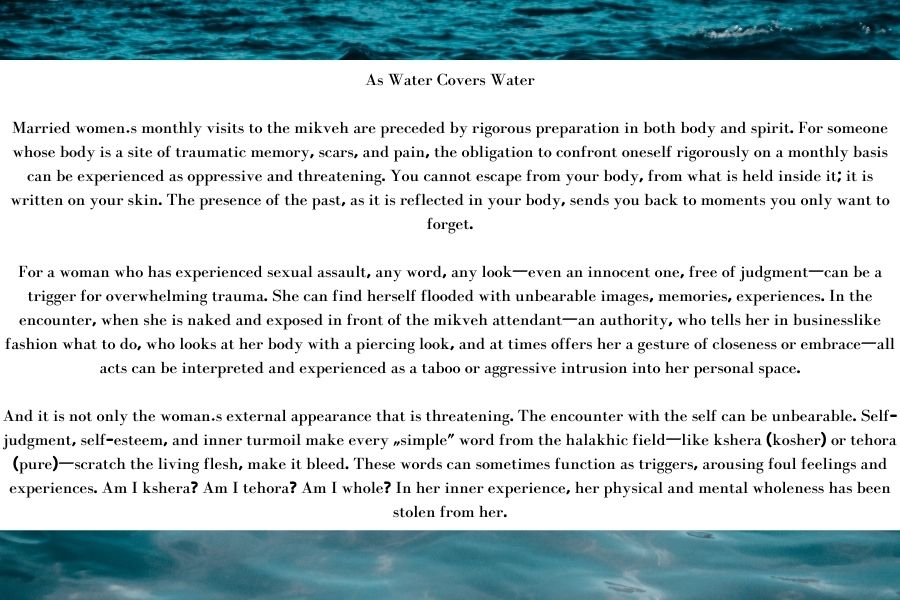
רוצה לקבל עדכונים ממגזין גלויה?
הפרטים שלך ישארו כמוסים וישמשו רק למשלוח אגרת עדכון מהמגזין מפעם לפעם
